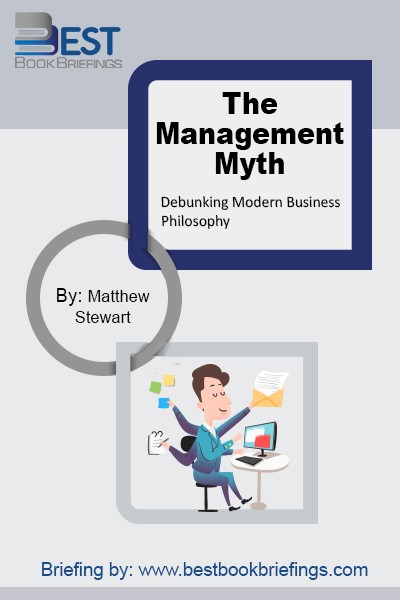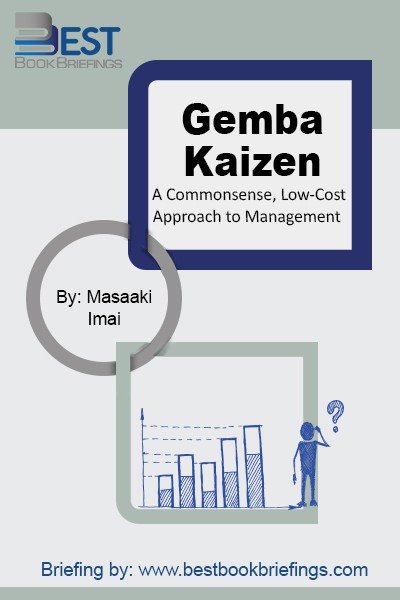Gemba Kaizen
A Commonsense, Low-Cost Approach to Management
Editorial Review
Gemba kaizen is a Japanese business philosophy that shows how step-by-step improvements process refinements and enhancements are the surest, easiest, quickest method in maximizing productivity and quality. Defined as the real place where real action occurs, gemba is where products are developed (the lab and design table) and made (the shop floor), and where services are provided (the service center, retail outlet, or wherever customers come into contact the service provider). Reengineering or reinventing your corporation is disruptive, expensive, and typically doesn't work. By applying kaizen to gemba, you can achieve inexpensive, incremental improvements in your most critical business processes—manufacturing and service—to obtain quantum leaps in customer satisfaction, quality, productivity, and profitability as never before.
Book Reviews
Books on Related Topics

The true nature of management is humanity. Unfortunately, the idea of the humanity of management is not yet widely understood. We all used to consider management as a kind of technology based on scientific observation, tended by experts and transferable to students. This idea has its roots firmly planted in the American

A half century ago, Peter Drucker put management on the map. Leadership has since pushed it off the map. We are now inundated with stories about the grand successes and even grander failures of the great leaders. But we have yet to come to grips with the simple realities of being




